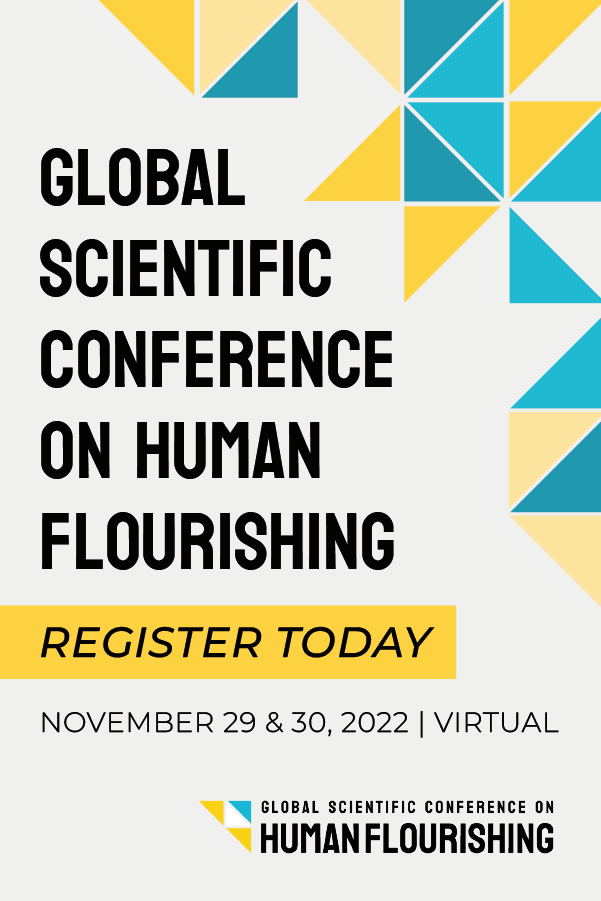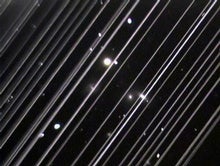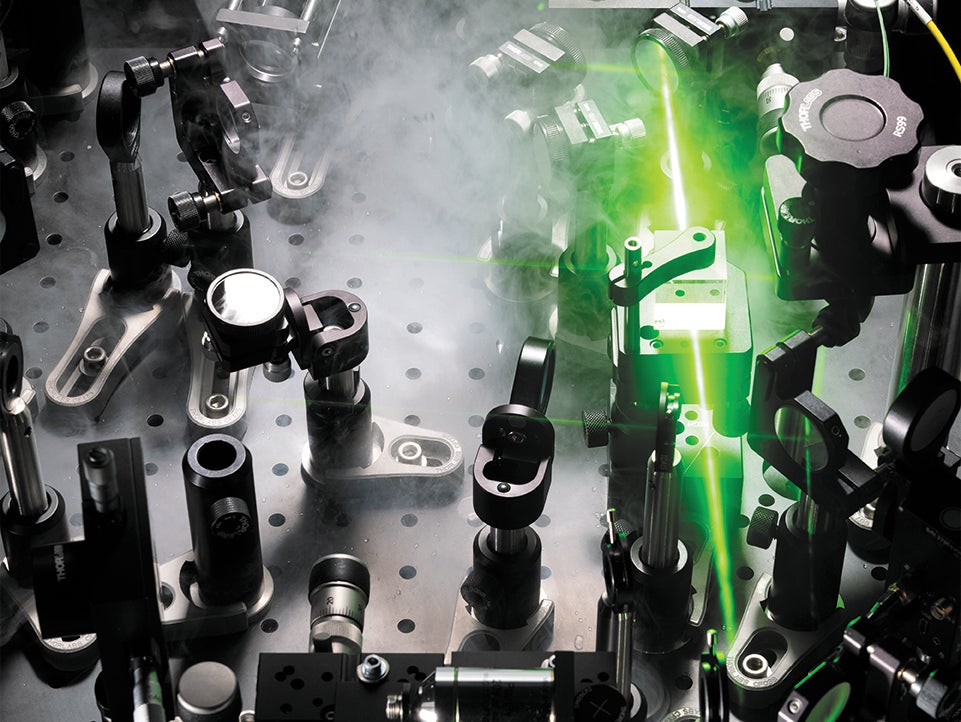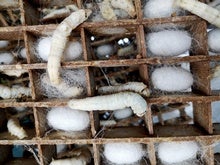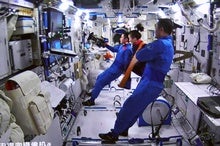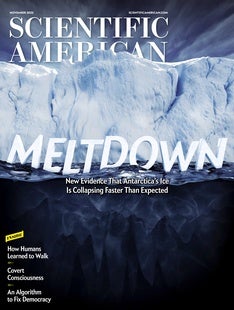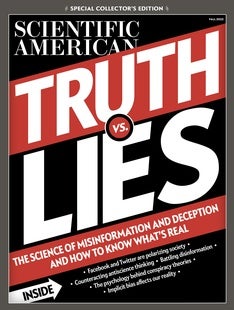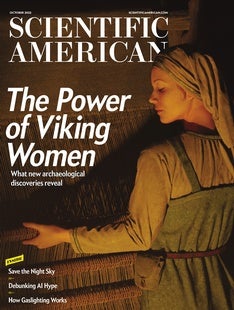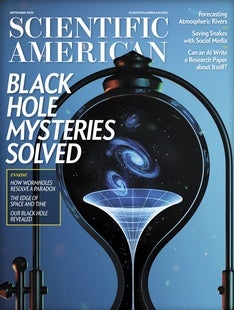 |
| November 08, 2022 |
Dear Reader,
Today, voters in the U.S. are filling out their ballots for the 2022 midterm elections. Our lead story examines how the election results could affect crucial areas of science, health, climate and technology. |
| |
 |
| |
| |
| |
| |
| |
| |
| |
| |
| |
| |
| QUOTE OF THE DAY
 "These detractors are telling us to 'stay in our lane,' that scientific inquiry is a pure, clean, completely objective enterprise, and that what we publish should be devoid of politics or the perspectives of people who are affected by the culture of scientific research. But the truth is that science is relevant to every element of society, including policy and politics." The Editors, Scientific American | |
FROM THE ARCHIVE
 | | | |
LATEST ISSUES
 |
| |
| Questions? Comments?  | |
| Download the Scientific American App |
| |
| |






